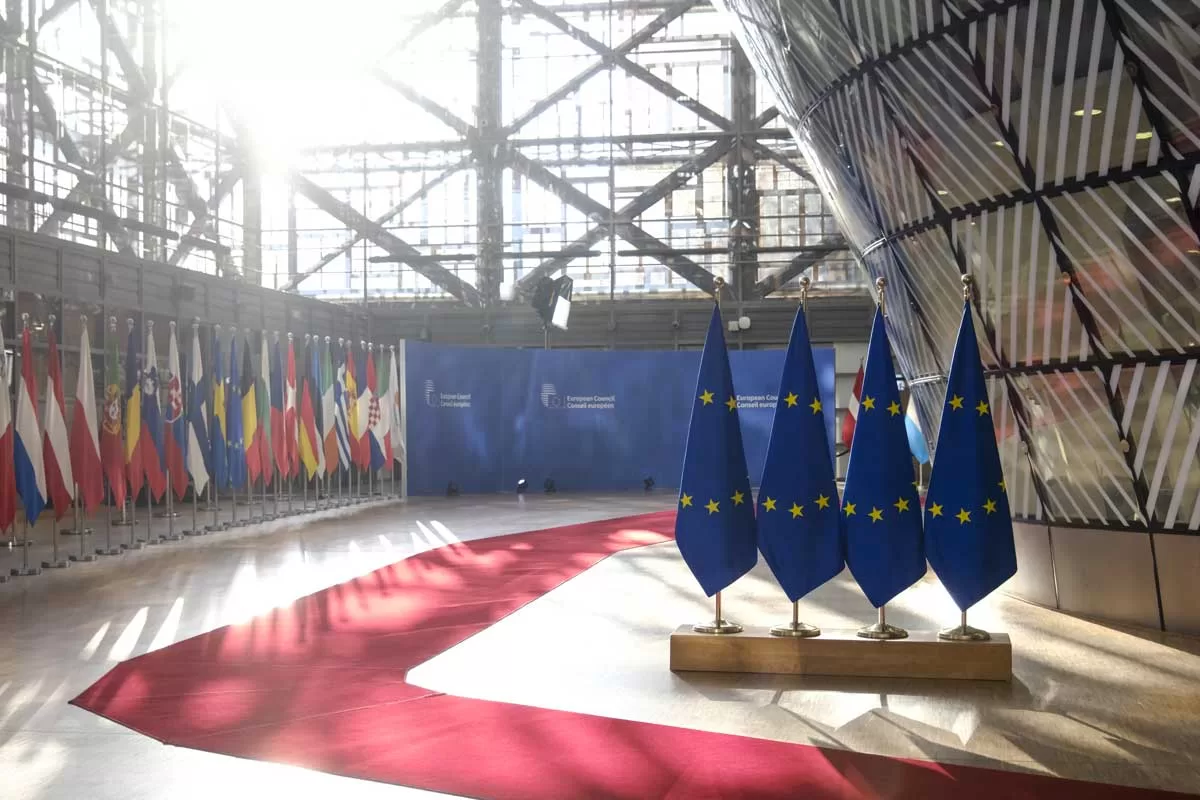Reclaiming Declining Influence Abroad
To become relevant again on the global stage, the EU needs to renew its approach to international relations. Foreign policy reforms should focus on improving effectiveness, cohesion and responsiveness to current global challenges. In terms of strengthening its Global Presence the EU should expand its reach by focusing on key regions such as Africa, Asia and Latin America. This can be done by increasing investment, development aid, and diplomatic cooperation. The EU has already tried some concrete proofs such as having invested €30 billion in the Africa-Europe Initiative to support infrastructure development, education, and health in Africa, the European Investment Bank has provided €5.2 billion for financing projects in Central Asia, and has allocated €74.7 billion for development assistance in sub-Saharan Africa for the period 2021-2027.
The world today is characterized by deepening polarization, including between the United States and other major powers. The European Union, as a bloc with global influence, should take a proactive role in avoiding this polarization. Instead of getting caught up in “us vs them” battles, the EU should seek to find multilateral solutions to global problems. The trade war between the US and China has destabilized the global economy and sparked fears of a recession. The EU, as a major trading partner of both countries, can play an important role in bridging the gap and pushing for a peaceful settlement or in tensions in the South China Sea: Conflicting maritime claims in the South China Sea have the potential to spark regional conflict. The EU can work with ASEAN countries and other regional actors to promote dialog and build trust.
Building coalitions with other countries that share common values is also an important step to counter polarization. The EU can strengthen ties with democracies around the world, as well as with regional organizations such as ASEAN and the African Union. The strategic partnership between the EU and ASEAN has been further strengthened in recent years, with a focus on cooperation in trade, investment and security. The Global Gateway initiative, launched by the EU, aims to enhance global connectivity and promote sustainable development. This initiative can serve as a platform to build coalitions with partner countries around the world.
The EU can improve its image in the eyes of the world by advocating for the reform of international institutions such as the UN and WTO. This can be done by pushing for greater transparency, accountability and representation of developing countries. The current UN is often criticized for its cumbersome bureaucracy and lack of accountability. This is where the EU can move to support UN reform to make it more effective and responsive to global challenges. Alternatively, the WTO is also facing criticism for its rules that are perceived to favor developed countries. The EU can work with developing countries to push for fairer and more inclusive WTO reforms as promoting international reforms will not only improve the EU’s image, but also strengthen its global role in addressing important issues such as peace and security, sustainable development, and human rights.
The European Union (EU) needs to improve its communication with the global public, especially in countries of the South, to build trust and promote its values. more effective communication, utilization of diplomatic resources, and efforts to counter disinformation. Undertaking more engaging media campaigns, active dialogue with civil society, and strategic use of social media platforms, the EU’s extensive network of diplomats should be proactively leveraged to promote its values and interests around the world and a commitment to combating negative narratives through fact verification, high-quality journalism, and support for independent media enables the EU to build stronger relationships with the global public, enhance its reputation, and achieve its goals in an increasingly connected world.
The future of the EU depends on its ability to address the concerns of countries in the South and rebuild its reputation in global eyes. By pursuing a foreign policy that is more humble, more engaged, and focused on its own interests and values, the EU can again become a positive and constructive global force.
